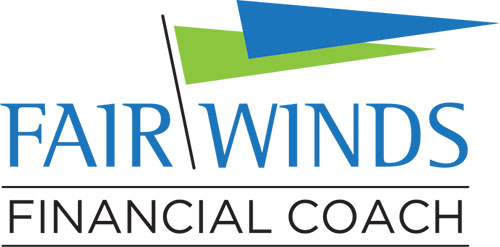Being asked by a friend or loved one to be the executor of their estate is an honour. It means they trust you to look after their affairs when they’re gone. But I’m here to suggest that you should seriously consider a reply of “Please, don’t honour me so much!”.
Losing a loved one is always a difficult experience. The executor of the estate has additional responsibilities to ensure that all their affairs are in order.
The first step for an executor is to notify Canada Revenue Agency (CRA) of the death. You will need to provide a copy of the death certificate and a complete copy of the will or other legal document which names you as the executor. It is important to notify them promptly to obtain access to the deceased’s tax records as well as to cancel benefits such as the GST/HST credit and Canada Child Benefit (CCB). You should also notify Service Canada to cancel Canada Pension Plan, Old Age Security, or other payments. Payments received after a certain period may need to be repaid.
You will be responsible for ensuring that all income tax returns are filed, and all income tax balances owing are paid. A final income tax return will need to be filed for the year of death. There may be additional filings in the form of optional returns depending on the deceased’s tax situation.
On the final tax return, you are generally required to report a deemed disposition of all assets owned based on the fair market value (FMV) at the date of death. The FMV of registered accounts such as RRSPs or RRIFs is taxable in full as ordinary income. The unrealized gain on assets such as non-registered investment accounts and real property (other than a principal residence) is taxable as a capital gain., There are, however, many exceptions to these rules depending on the deceased’s marital status, dependants, terms of their will and the named beneficiaries on their financial accounts. You will need to assemble a complete list of their assets, the FMV at the date of death and review all relevant terms from the will to determine to correct tax treatment for each asset.
An estate return may be required if any income is earned after the date of death. This is often the case, as it takes time to dispose of assets such as marketable securities and real property. Due to the deemed disposition on the final return, the FMV at the date of death becomes the cost base to the estate to ensure there is not double taxation.
Your final duty is to ensure that the residual value of the estate is distributed per the terms of the will. The timing of the distributions can be at your discretion, but it is important to ensure adequate assets remain to pay all liabilities of the estate including income tax balances owing. You may wish to request a clearance certificate from CRA before making any distributions to obtain certification that all income tax debts have been paid. Otherwise, you may be exposed to personal liability for these debts.
In my next post, I’ll talk about the costs, benefits, and debunk some of the myths of appointing a corporate executor in your will. Your loved ones will thank you for your consideration.



2 Comments
This is a very thoughtful article. Does the CRA have any resources describing what needs to be done after the death of a loved on in regards to filing the final tax return?
Absolutely, the CRA has a step by step guide here: https://www.canada.ca/en/revenue-agency/services/tax/individuals/life-events/what-when-someone-died/final-return/complete-final-return-steps.html